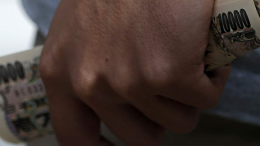MADRID | By JP Marín Arrese | The inability to implement a common economic stance aimed at delivering growth and jobs in Europe is putting the onus on monetary policy. The ECB stands as the only hope for redressing a dismal state of affairs. Yet, such high expectations could prove ill-founded. While Draghi saved the Euro’s plight back in mid-2012, he now seems utterly helpless to prevent deflationary bouts looming on the EZ horizon. His quantitative easing (QE) plan, far from achieving its goal, has lost steam. Many observers have put the blame on the ECB’s reluctance to enlarge the asset basket it is currently buying, demanding fully fledged QE, which involves junior debt and sovereigns. Yet, the flaw might lie in Europe’s failure to fully profit from monetary easing.







